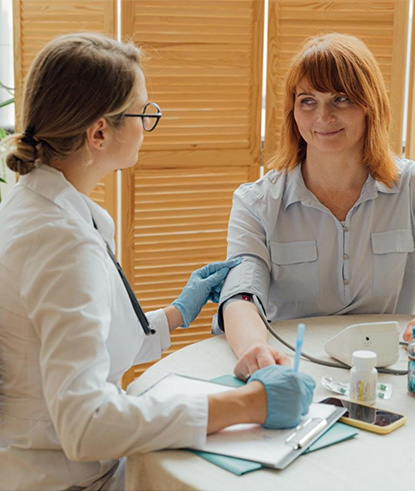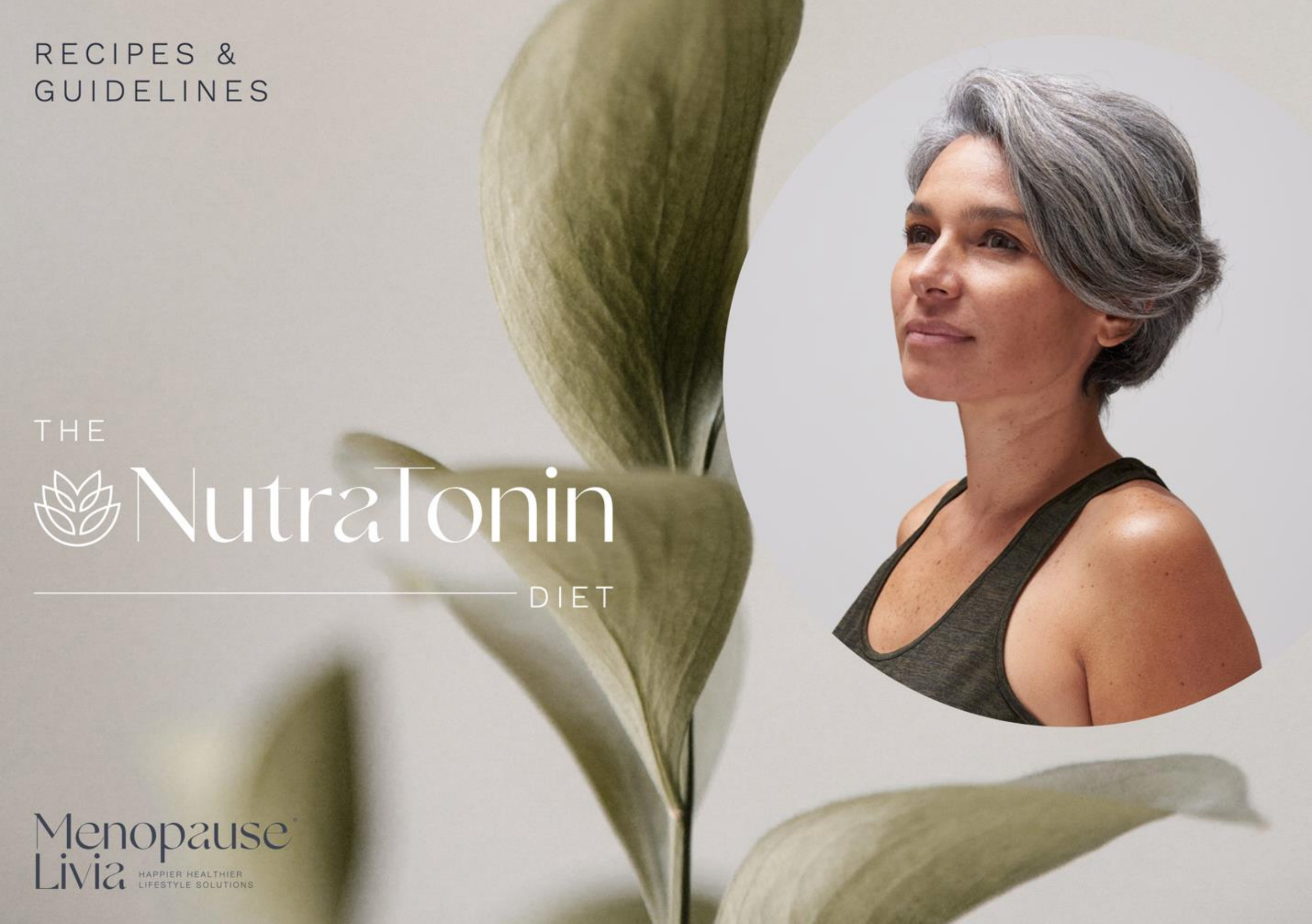Menopause Supplements, Empower Yourself with Knowledge
Navigating Menopause Symptoms and Embracing Supplements!
During Menopause, we experience various symptoms that vary in intensity according to the individual. As many of us have already experienced, symptoms of Menopause impact our quality of life. Hot flashes, night sweats, vaginal dryness, headaches, itchy skin, dry eyes, mood swings, and changes in sleep patterns are just a few of the challenges we may face daily. In the light of these symptoms, some of us may turn to supplements as a potential means of managing our Menopause.
The effectiveness of menopause supplements remains a topic of ongoing research and debate. While some women report positive effects from supplements, scientific evidence supporting their efficacy is limited and often conflicting. More clinical trials are needed.
While it is essential to consult with a doctor, who understands your Menopause, for additional personalised advice, here are some commonly recommended supplements that we may consider:
Calcium
Menopause increases the risk of osteoporosis, so calcium supplementation may help maintain bone health. A study published in the Journal of Women’s Health and Ageing demonstrated that calcium supplementation combined with vitamin D reduced the risk of fractures in postmenopausal women. The recommended daily intake is 1,000-1,200mg.
Medical News Today/ Calcium supplements
Vitamin D
Vitamin D supplementation is often recommended for calcium absorption and bone health. Additionally, vitamin D has been linked to various other health benefits, including cardiovascular health, immune function, and mood regulation. The recommended daily intake is 600-800 IU.
Magnesium
Helps with bone health & muscle function. Menopause can sometimes lead to muscle cramps & insomnia. Magnesium may help alleviate these symptoms. The recommended daily intake is around 320 mg.
Vitamin E
Vitamin E supplements have been studied for their potential to reduce hot flashes. However, the results have been mixed, with some studies reporting a slight improvement while others show no significant difference compared to a placebo. Further research is needed to determine the optimal dosage and effectiveness.
Vitamin B12
With age, the ability to absorb vitamin B12 may decrease. B12 is essential for energy production and red blood cell formation. Furthermore, B12 produces neurotransmitters that regulate mood, making it necessary for maintaining emotional balance and mental well-being. B12 is thought to support cognitive function, including memory and concentration, which can be affected by hormonal changes during Menopause.
Vitamin B Complex
These supplements may help manage mood swings and cardiovascular and cognitive function. B6 may play a crucial role in hormone regulation by helping to support the production of and metabolism of hormones, which may help alleviate symptoms such as hot flashes, mood swings and sleep disturbances. Some women may experience fatigue and mood fluctuations. Therefore, B1, B2, B3, B6, B9 (folate) and B12 may be worth considering in order to support energy levels and promote a more stable mood.
Vitamin B Complex
Omega-3 Fatty Acids
In fish oil supplements, omega-3 fatty acids can help reduce inflammation and hot sweats. It may support heart health and alleviate mood swings and joint pain. However, more research is necessary to establish the optimal dosage and effectiveness.
Benefits of Omega-3
PubMed evidence of effectiveness for hot sweats
Black Cohosh
Some of us may use black cohosh to relieve menopause symptoms, such as hot flashes & night sweats. It is a plant-based compound that mimics oestrogen. However, it’s important to note that evidence for its effectiveness is mixed & it may interact with certain medications. Additionally, the long-term safety of black cohosh remains uncertain, as rare cases of liver toxicity have been reported.
Always consult with your menopause doctor before using it!
Black Cohosh supplement safety
Soy Isoflavones
Isoflavones are plant-based compounds found almost exclusively in beans, like soybeans, that mimic the action of the hormone oestrogen. They may help alleviate menopause symptoms or counteract the onset of osteoporosis in postmenopausal women. They can be taken in a supplement form or consumed as part of your daily dietary intake.
Harvard.education/soy/isoflavones

Professional Advice
Every woman’s needs may differ, and it’s essential to consult with a doctor who understands Menopause and the impact of the symptoms on quality of life. Your doctor can assess individual health considerations and provide personalised recommendations based on your overall health. If you are taking medications, including prescription or over-the-counter medications, there is potential for interactions with certain supplements. Some supplements may interfere with the effectiveness of drugs or increase the risk of side effects. Your doctor can review your medication list and advise you.
A doctor, who understands menopause, may provide evidence-based guidance and help you navigate the vast array of options, recommending supplements that have shown promising results and are appropriate for your needs.
Your menopause doctor may also allow for ongoing monitoring of your health and any changes in symptoms. They can help determine if the chosen supplements provide the desired benefits or need any adjustments. Your doctor may also ensure that the supplements are taken at the appropriate time, at the correct durations and dosages. They may also recommend lifestyle adjustments to help your menopause, general health, and well-being.

Lifestyle Adjustments
Control your symptoms with Menopause Livia
Menopause Livia believes in making lifestyle adjustments for menopause through nutrition & exercise, stress management and getting adequate sleep.
It is essential to prioritise proper nutrition to support overall health and well-being. As oestrogen levels decline, we are at an increased risk of bone loss and cardiovascular disease. Additionally, maintaining a healthy weight and managing symptoms such as hot flashes and mood swings can also be influenced by dietary choices. If you are feeling lost as to the best way to prepare your meals as you progress through your Menopause, then do consider The Nutratonin® Diet.
What is the Nutratonin diet for menopause?
Alongside nutritional changes, we must consider the beauty of exercise. Cardiovascular exercise will keep your heart healthy & resistance training, often known as strength training, holds numerous benefits for menopausal women. Strength training will help bone density and postural alignment, increase metabolism, and reduce inflammation. Most exercise modes will release endorphins, known as the happy hormone, which helps enormously with your mindset.
Livia Rees has developed our Resista® exercise methods. She has worked consistently within the health and fitness field for over thirty-four years, fine-tuning her knowledge into Resista®. The workouts are designed for women going through each stage of Menopause and beyond. Ideal for women passing through the menopausal change in their early forties through to their late sixties and for beginners to the more advanced exerciser.
What is Resista?

Do Your Research
Please choose supplements from reputable manufacturers that adhere to good manufacturing practices (GMP). Third-party certifications, such as NSF International or USP, can provide additional assurance of quality and safety
Every woman will uniquely experience Menopause. It is essential to approach supplementation with realistic expectations, understanding that results may vary. To help you make decisions regarding supplementation for your Menopause, I have included some helpful links! 👌 Livia x
Evidence-based
PubMed clinical trials/ supplements for menopause
Health blog
Healthline Blog / supplements for Menopause
Supplement Information US article/ includes advertising
Top 5 supplements for menopause


